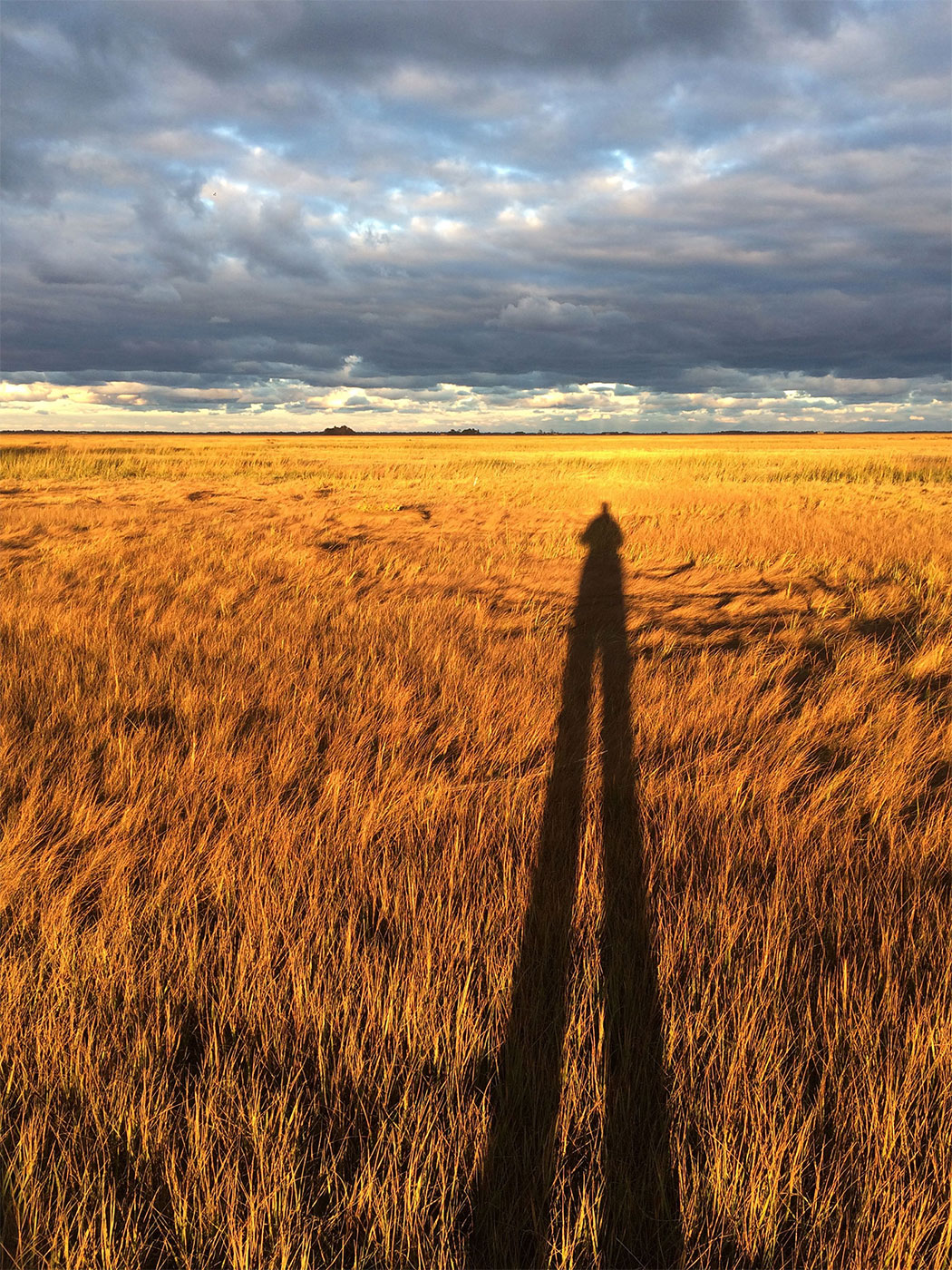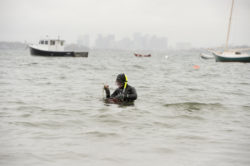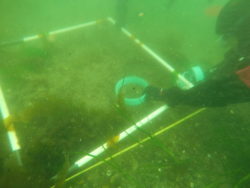Strengthening coastal ecosystems with genetic diversity

Randall Hughes examines how genetic diversity helps sustain important coastal species such as seagrasses and oysters.
The evidence Hughes and her team are compiling will help policymakers make informed decisions to protect coastline ecosystems against disease, weather events like hurricanes, and other threats.
Humans rely on coastal habitats to provide an array of benefits. They serve as homes for many fish species that are commercially and recreationally important, slow down storm surges, and filter out pollutants before they reach farther into the ocean. Yet disease outbreaks among seagrasses and oysters are becoming more prevalent, and are threatening these species.
In prior research, Hughes has explored how nutrients and pollutants alter the genetic diversity of coastal species. She is now testing how much and what forms of genetic diversity are best. Working with local and state environmental agencies, Hughes is testing different numbers and types of seagrass and oyster source populations into restoration projects in Rhode Island and Massachusetts. She wants to know if this diversity helps coastal species become more productive and resilient against disease and disturbance.
She’s also testing whether it’s better to use genetic variations from the wild or from aquaculture, water-based farming.
“Government agencies and NGOs spend a lot of resources and money on habitat restoration for seagrass and oysters,” says Hughes. “My hope is that by testing these variants, we can find what’s most effective, apply it on a large scale, and get more bang for our buck.”
Contact faculty researcher Randall Hughes
Author: CSI Staff

